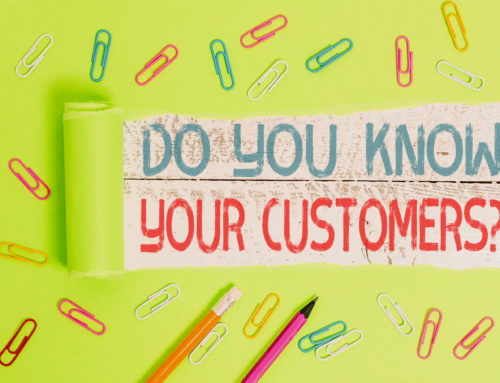By now, you have probably heard of DuckDuckGo, and perhaps used it yourself. For B2B marketing, however, it is likely not on your radar as a search engine to put much effort into. After all, despite its rapid growth, it is dwarfed compared to Google and Bing.
There are reasons you should take a closer look at DDG. First, its usage has doubled in the last year. Second, it has a much lower bounce rate than competing platforms. Third, consider the rumors that Apple may buy DDG. Another reason you should look at DDG, and potentially other privacy-focused search engines, is what may lay ahead in the search landscape.
Before getting into how to optimize for DDG, let’s look at the way user demands, and future legislation, could change personalized search.
B2B marketing and the personalization pushback
By now, most people know that internet cookies track their surfing habits across multiple websites.
This happened when users began noticing that some ads followed them around the internet. Click on an ad for a pair of shoes on Facebook, and expect to see those shoes on ads when using Google or scanning headlines on a news site. As users realized the increasing amount of data that companies like Google collect, there was pushback. Laws such as GDPR and CCPA now require websites to obtain explicit consent from users before planting cookies to track them.
Consumers have also opted out of this type of information sharing and installed ad blockers. Then, in January 2020, Google announced that by 2022 its Chrome browser will no longer track third-party cookies. Of course, this means that all user data will go through Google rather than being shared with third-party trackers. This further cements Google’s leading position in the ad tech system. As we shall see below, however, even this is subject to change.
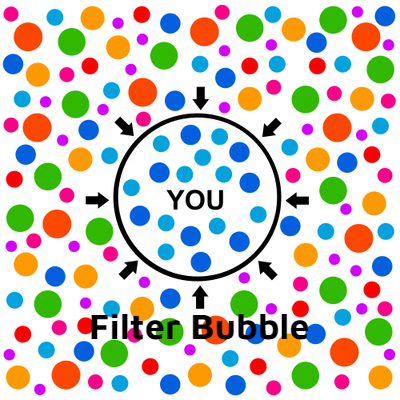
Filter bubbles and the hidden internet
What most people are unaware of is the way their searches are biased, pushing them into what is known as a filter bubble.
Searches on Google, as well as news feeds on social media, return results based on what the platform deems the user would be most interested in.
In some ways, personalization is a benefit. For example, using location to show a user local news first without scrolling through pages of non-local news is helpful.
However, these sites also use past information about the user to show deeper insight. This includes links the user clicked on, videos they watched, what they shared, and other actions. The concern here is that some information never gets to the user because it does not match the criteria the platform sets for them.
This skews search in a way that reinforces their current beliefs but makes it hard to discover new ideas or even new products.
Most people don’t realize that filter bubbles exist. A user has no way of knowing that searching a term on their own device yields different results than those presented to someone on a different device. They have no idea of the things on the internet that are being held back from them.
The 2020 film The Social Dilemma, as well as more recent disclosures by insiders within Big Tech, hint at something more sinister. They show how tech giants can curate newsfeeds in a way that reinforces narratives that fit the platform’s own political and commercial agendas.
Because users are unaware of the bias created by filter bubbles, to date there has been very little pushback against them.
Personalization and antitrust
There are no regulations like GDPR to inform users and give them a choice to opt out of biased searches. This may change under the auspices of antitrust reform.
Take Google for example. In the same way Google skews news based on personalization, it also pushes searchers toward Google’s own products.
Using search personalization, Google can steer users toward YouTube, which is now the second largest social media platform in the world. Google also pushes users to Google Maps over Apple Maps or MapQuest. There are many other examples.
Google certainly meets the criteria of a monopoly. In 2019, an investigation by the U.S. House Judiciary Committee found that Google and other tech giants pose a danger to free markets and democracy.
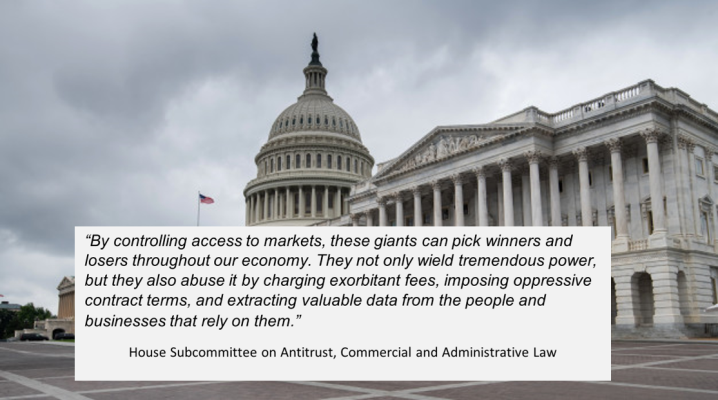
Lawsuits have since been filed against the tech giants from the U.S. government, all 50 states, other countries, a plethora of groups and individuals. While these lawsuits will take years to play out, the companies themselves may make changes by spinning off assets or giving users more control.
Will platforms be forced to disclose ways in which they bias search results, just as they now have to disclose what data they collect? Time will tell. In the meantime, it is important for B2B marketers to understand these driving factors that may shape the search landscape in the near future.
Enter DuckDuckGo
In 2008, Gabriel Weinberg founded DDG based on the simple but powerful value prop: “We don’t store your personal information. Ever.” Since then, its usage has increased to over 3 billion searches a month and climbing.
DDG also has partnerships with Yahoo-Bing, Apple, Amazon, eBay and others. In fact, it gets data from over 400 sources, including its own web crawler, DuckDuckBot.
Privacy
As a search engine that puts privacy first, DuckDuckGo does not store IP addresses, log user information, and uses cookies only when required. To ensure IP address privacy, DDG uses Tor.
Tor enables anonymous communication by directing internet traffic through a free, worldwide, volunteer overlay network. The network consists of several thousand relays in order to conceal a user’s location and usage.
Using Tor makes it more difficult to trace internet activity to the user. This includes visits to websites, online posts, instant messages, and other forms of communication.
When it comes to ads, DDG doesn’t take the Google approach of building in-depth profiles for each user. Instead, it just associates ads with the keywords you use. While less precise for marketers, it’s much less invasive for ordinary web users.
Layout
The layout of the search engine results page (SERP) is similar to Google’s.
A DDG SERP has a couple of paid ads at the top, followed by results. Results are based on keywords and limited user information such as region and language.
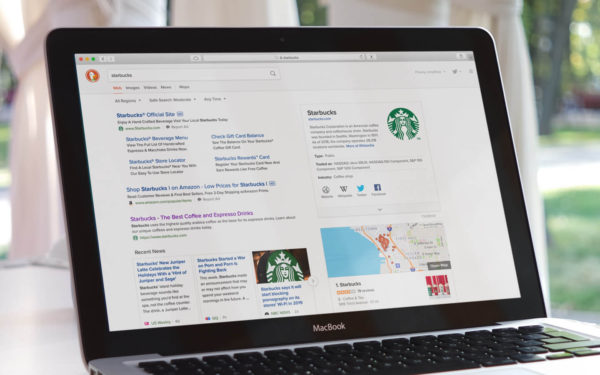
As with Google, there are tabs to narrow results to images, videos, news, maps, and shopping.
Through settings, users can customize their language, font, theme, and other aspects of appearance.
Ads are similar to Google’s, however there is the option to turn them off.
Optimizing B2B marketing for DuckDuckGo
DDG makes money through ads procured through partnerships with Microsoft, Amazon, and eBay.
Brands can advertise on DDG through the Microsoft Advertising network. By default, Microsoft Advertising ads automatically enter rotation into all of Microsoft Advertising’s distribution channels including DDG.
DDG is part of the affiliate programs of the eCommerce websites Amazon and eBay. When a user clicks on those sites through DDG, the search engine receives a small commission.

Optimizing your site for DuckDuckGo largely involves the same SEO practices applied for other search engines. This includes having a well-designed site, high-quality content, back links, and optimized for mobile first. Align your content with user intent. Since DDG makes use of other search engines, optimize your content for Bing as well as Google.
There are a few more things to keep in mind with DDG, however.
Since DDG does not store your search history, it will not return results based on that context. That means you need to pay more attention to keywords and phrases. For example, when I search for “bread” in DDG, I get plenty of recipes for baking bread. The same is true for Google. However, my first results with Google are for “Bread Winners Café” and “Panera Bread” with locations near me.
Location is another thing to pay attention to when optimizing for DDG, if it is important to your business. Be sure to include your city, cross streets, and perhaps local landmarks in your content. Also, if your business depends on locality, claim it on Apple Maps.
Finally, be sure to submit your website to multiple search engines, including Bing.
By following these simple tips, B2B marketers can get ahead of the curve and build first-mover advantage with privacy-based search using DuckDuckGo.
Need help setting a strategy to optimize your digital marketing? Town Crier can help. Send us an email or visit www.towncriergroup.com.

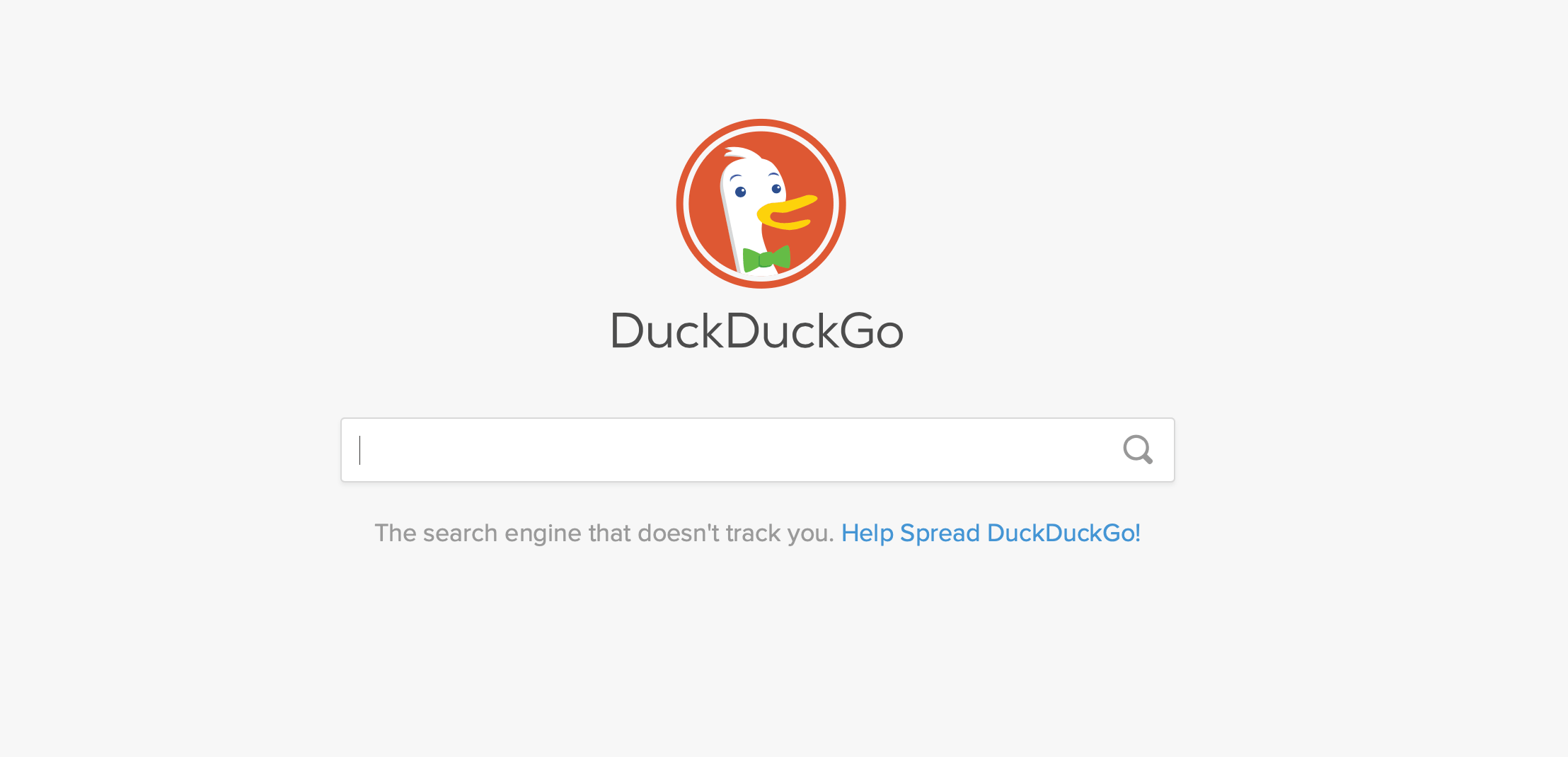
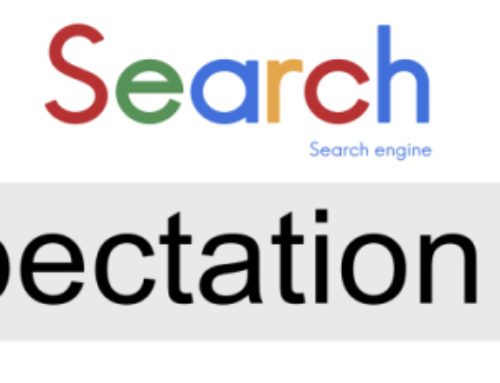

![B2B Leads: How Many Do You Need? [Here’s How to Find Out]](https://towncriergroup.com/wp-content/uploads/2021/03/entry-conversion-exit-shutterstock_539917381-scaled-500x383.jpg)
